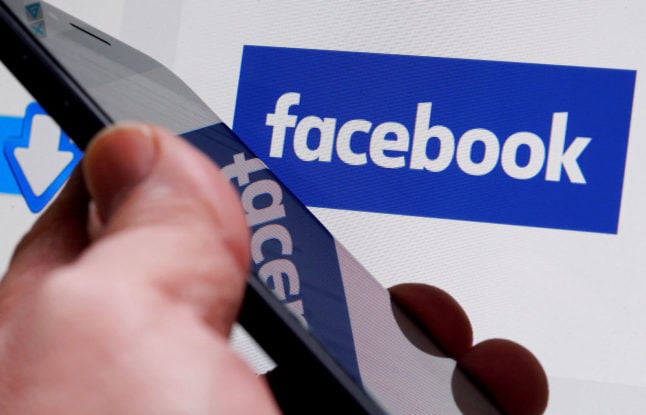“The prosecutor has said that it is not the technology that is on trial, but it is Pirate Bay’s technology and how it is used that renders it permissible,” Jonas Nilsson, representing Fredrik Neij, said to the court.
Nilsson also pointed out that the prosecutor had stated that the majority of the material available on The Pirate Bay is copyrighted material.
“There is no evidence that supports this.”
“It is a completely legal technology that is offered by The Pirate Bay. It is an open site where users themselves upload content. There is certainly a lot of copyrighted material but this is an internet problem, not a Pirate Bay problem.”
“Bit torrent technology can be used for both legal and illegal means on Pirate Bay in the same way as by Google or MySpace. That someone at The Pirate Bay has a cocky attitude or certain political standpoint is not sufficient to issue a guilty verdict,” Nilsson continued.
Nilsson also dismissed prosecutor allegations that the men behind the site have made millions from its operation.
“It is not proved that Fredrik Neij has earned any money, just that the Pirate Bay’s advertising revenues have gone to paying the site’s costs.”
The defence summations will wrap up the trial on Tuesday.
The court is expected to take a few weeks to announce a verdict.



 Please whitelist us to continue reading.
Please whitelist us to continue reading.